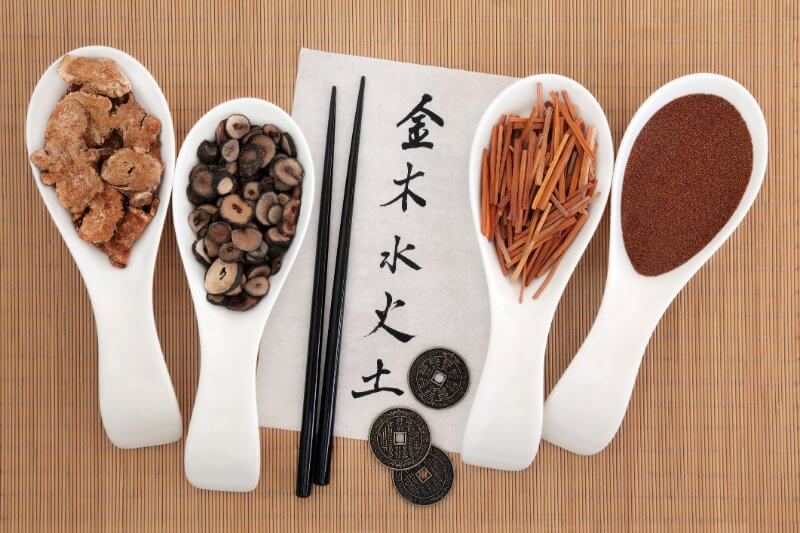
Home » Traditional Chinese Medicine Dogs?

Mount Sinai National Hospital states: “TCM is a complete medical system that has been used to diagnose, treat, and prevent illnesses for more than 2,000 years.”
Traditional Chinese Medicine (TCM) has incorporated dogs since before there was written history. Dogs have fed, protected, and sustained humans long before we could draw them on cave walls, and nowhere more effectively than in China. Chinese pharmaceutical imports have grown by 485%, from $2.1 billion in 2020 to $10.3 billion in 2022. The irony is that it took so long. Think about this. The National Institutes of Health credits Traditional Chinese Medicine, including acupuncture, with a history of more than 3,000 years!
Today we casually call it TCM without understanding that it is a medical practice based on a belief in Yin and Yang, which are opposing energies such as heaven and earth, good and bad, winter and summer.
When Yin and Yang are in balance, all is good, whether it applies to health, prosperity, or even politics, as in a balance of power.
OK… I hear you thinking, “What does yin and yang and all of that have to do with dogs?” Everything!

Traditional Chinese Medicine for dogs was first described in the Tang Dynasty (618–907). For the curious, archeological records show that China domesticated dogs 9,000 years ago. And when you think about it, if you are stressed or depressed, your dog is the first to “sense” that and comfort you.
For thousands of years, dogs have been “good medicine” for people, so certainly Chinese healers knew that and used dogs as stress-reducing medicine. China is where the term “lap dog” originated.
America ranks in the top five countries for highest stress levels, and more so than any other animal, dogs sense and react to their owners’ emotions. Dogs are proven to detect illness even in people they don’t know. So, instead of stopping by the gym or bar on the way home from work, try interacting with your dog.
Here’s something you probably know but haven’t put to good use. First, petting a dog lowers the stress hormone cortisol, but get this: “…social interaction between people and their dogs actually increases levels of the feel-good hormone oxytocin (the same hormone that bonds mothers to babies).” 1
Petting a dog releases serotonin and dopamine, and just staring into the eyes of your dog can release oxytocin. We might try the gym instead, or better for owner AND dog, go home and pet the dog. I’m serious.
I’ll get to the point about animals, like how Yin and Yang applies to American dog owners, especially today when we are so stressed with inflation, job security, our kids’ education, and if retired, how to make ends meet.
Traditional Chinese medicine is all about balance. Hopefully, your personal life (children, family, job, hobby, etc.) is in balance and we assume you have animals because you are here.
As an aside, have you ever wondered why your goat, cow, or horse seems contented? What about your dog or other housepets? One secret of health and low stress is to “live in the moment.” That is what your dog does, and so, unless actually threatened or momentarily perplexed, he’s happy just to be alive and to be with you.
Happy and contented releases feel-good hormones: dopamine, serotonin, endorphins, and oxytocin. If you are a breeder, you know oxytocin as the quieting-contented-happy hormone.
So, you already understand how certain medicines and/or supplements can affect your mood, behavior, and overall health. Okay, let’s get back to Chinese medicine. Did you know that 8 out of 10 medications come from China or have one or more components made in China? That includes chemotherapy drugs, birth control pills, antidepressants, and anti-seizure medications, and of course, your vitamins.
1. The Friend Who Keeps You Young, Johns Hopkins Medicine, Health/Wellness and Prevention. https://www.hopkinsmedicine.org/health/wellness-and-prevention/the-friend-who-keeps-you-young
